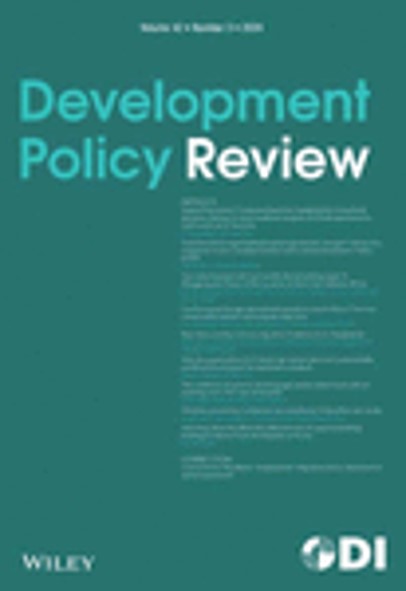Recurring urban flooding in Bengaluru, India, has brought multiple intersecting development challenges to the forefront. While climate change is a catalyst for flooding, rapid urbanisation has aggravated the problem by neglecting its ecological history. Repeated floods have particularly affected migrants living in the slums, further worsening their already vulnerable conditions. Currently, only about 40% of slums are formally recognized by city authorities, leaving most slum dwellers with limited access to public benefits and basic infrastructure. Although the city offers piecemeal solutions, it currently lacks foresight for long-term planning that includes marginalized voices.
We explore the multiple and intertwined development challenges faced by Bengaluru city, attempting to frame them from the perspective of migrant slum dwellers experiencing flooding. We try to bring to the forefront the everyday risks and vulnerabilities of the marginalized populations in Indian cities, which have received limited attention both in research and policy. The results of this exercise are intended to create sustainable collaborative processes to inform future decisions, particularly addressing the problem of urban flooding.
Our proposed methodology integrates climate risk assessment—urban flood modelling and exposure mapping of slums across the city—with vulnerability assessments at the household level including analysis of life histories to capture the relative vulnerabilities of slum dwellers and the slums in which they live. We deconstruct urban flooding, particularly from the perspective of migrant slum dwellers to identify some critical challenges, especially that of recognition, to foresight thinking. By incorporating marginalized voices, our methods aim to be inclusive and contextually relevant, while considering intersectional variations among those marginalized. A mixed-methods approach allows climate risk assessment to be augmented by life histories of vulnerable slum populations to collaboratively reimagine a more inclusive future.
To make policy more inclusive, more participatory processes are needed. The proposed methods will contextualize everyday vulnerabilities and risks of migrant slum dwellers to bring these perspectives into conventional climate risk assessment. Thus, a more inclusive future with lower impacts from urban floods can be envisaged.

DOI: 10.1111/dpr.12786
SriPallavi Nadimpalli co-authored the paper.
